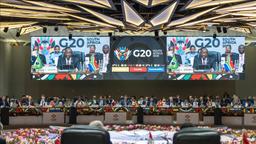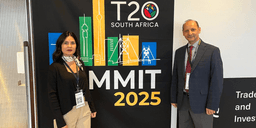
Nilgün Arısan Eralp
Director of EU Studies CenterRelated Publication Files

Evaluation Note / Nilgün Arısan Eralp
It has been more than a year since Russia has invaded Ukraine and no one knows where this war is heading to. According to Fiona Hill , most probably the World will face an unstable stalemate in this case. We are neither sure about how it might end in the battlefield nor the conditions that might lead the parties – especially Russia – to the negotiating table. Russia seems to have maximalist demands like the recognition of all the annexed territories, while Ukraine, backed by the West, wants to take back most of its occupied land. These two are obviously uncompromising.
After the invasion we have witnessed two major developments: First “the invasion disproved the founding assumption of the post–Cold War order, namely, that Russia—unlike the Soviet Union—would be no longer a threat but instead a partner in common security challenges” . The second and probably more important than the first one is that the fate of Ukraine has started to be regarded as a test of the “West”’s authority/power in the World. These two factors have rendered the Ukraine war an existential one for the West. Furthermore, in time, Ukraine has started to be considered to represent the universal values like democracy, human rights, rule of law and separation of powers against Putin.
You may read evaluation note from here.




